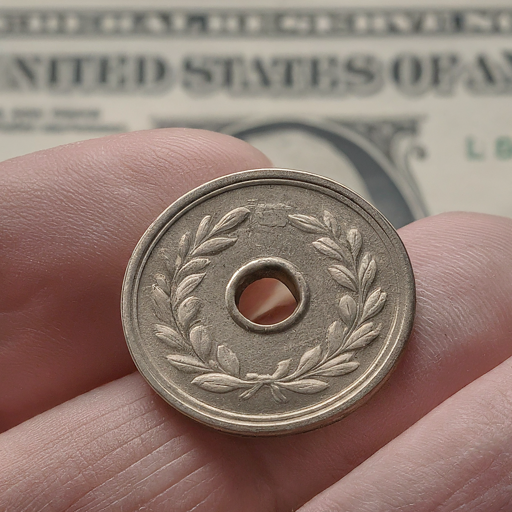
Japan’s Policy Outlook Amidst Concerns Over Yen Depreciation
Japanese Finance Minister Shunichi Suzuki recently expressed concerns about the weakening yen, highlighting the need for stable currency movements. Here’s a simplified breakdown of what’s happening and its potential impacts:
A weaker yen may have both benefits and drawbacks for Japan’s economy. While it can make exports more competitive, it can also push up inflation, which hurts consumers by increasing prices.
Suzuki stated that Japan is prepared to respond to excessive currency swings. Finance leaders from major economies will discuss currency moves at the upcoming G20 meeting.
Various factors, including changes in monetary policy, balance of payments, and market sentiments, contribute to the yen’s weakness. The wide yield gap between the U.S. and Japan is also a significant factor.
The yen’s recent decline has reignited fears of intervention from Japanese authorities. However, there’s hesitancy to take immediate action before the G20 meeting.
A weak yen poses challenges for policymakers, as it increases the cost of imports and affects household spending. Analysts predict a contraction in Japan’s economy for the first quarter due to weak consumption and output.
BOJ Governor Kazuo Ueda emphasized that the central bank won’t directly respond to currency moves but may adjust policies if yen fluctuations significantly impact the economy.
The yen’s continued decline complicates the timing of future interest rate hikes by the Bank of Japan. Policymakers are closely monitoring the situation to ensure stability in the currency market.
Also Read: 6 Tips for a Better CIBIL Score
In summary, Japan’s concerns over the weakening yen reflect the complexities of managing currency fluctuations and their implications for the economy. As global economic dynamics evolve, policymakers must remain vigilant and responsive to safeguard Japan’s financial stability.
Q&A
Q: What are some potential benefits of a weaker yen for Japan’s economy?
A: A weaker yen can make Japanese exports more competitive in international markets, potentially boosting export-driven industries and increasing overseas revenue for Japanese companies. Additionally, a weaker yen may attract more foreign tourists to Japan, as their currency stretches further when converting to yen.
Q: How does a weaker yen impact consumers in Japan?
A: A weaker yen can lead to higher prices for imported goods, including fuel and raw materials, which can increase the cost of living for Japanese consumers. This can potentially reduce purchasing power and impact household budgets, particularly if wage growth does not keep pace with inflation.
Q: What measures is Japan considering to address the weakening yen?
A: Japanese authorities have indicated they are prepared to respond to excessive currency swings, though specific measures have not been outlined. Additionally, finance leaders from major economies will discuss currency moves at an upcoming G20 meeting, suggesting a coordinated approach to addressing currency fluctuations.
Q: How does the wide yield gap between the U.S. and Japan contribute to the weakening yen?
A: The wide yield gap, or the difference in interest rates between the U.S. and Japan, influences investor behavior and currency movements. As the U.S. offers higher interest rates compared to Japan, investors may favor holding assets denominated in U.S. dollars, leading to increased demand for the dollar and depreciation of the yen.
Also Read: 10 Ingenious Ways to Make Money Quickly in 2024
Q: How might the weakening yen impact Japan’s economic growth in the near future?
A: The weakening yen may pose challenges to Japan’s economic growth, particularly if it leads to higher import costs and reduced consumer spending. Analysts predict a contraction in Japan’s economy for the first quarter due to weak consumption and output, highlighting the potential negative impact of the weakening yen on overall economic performance.
